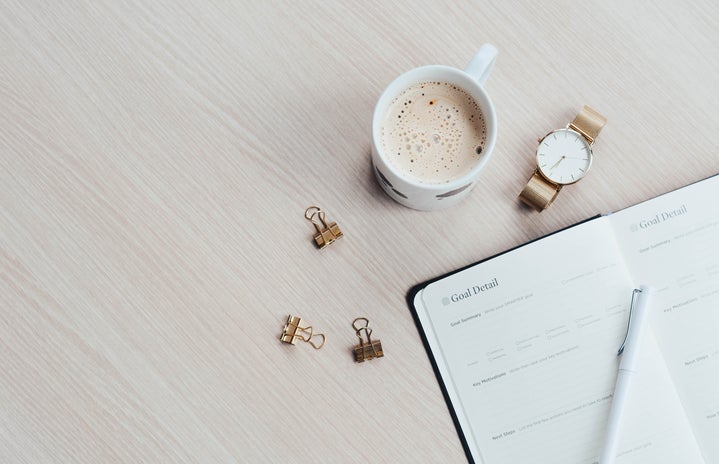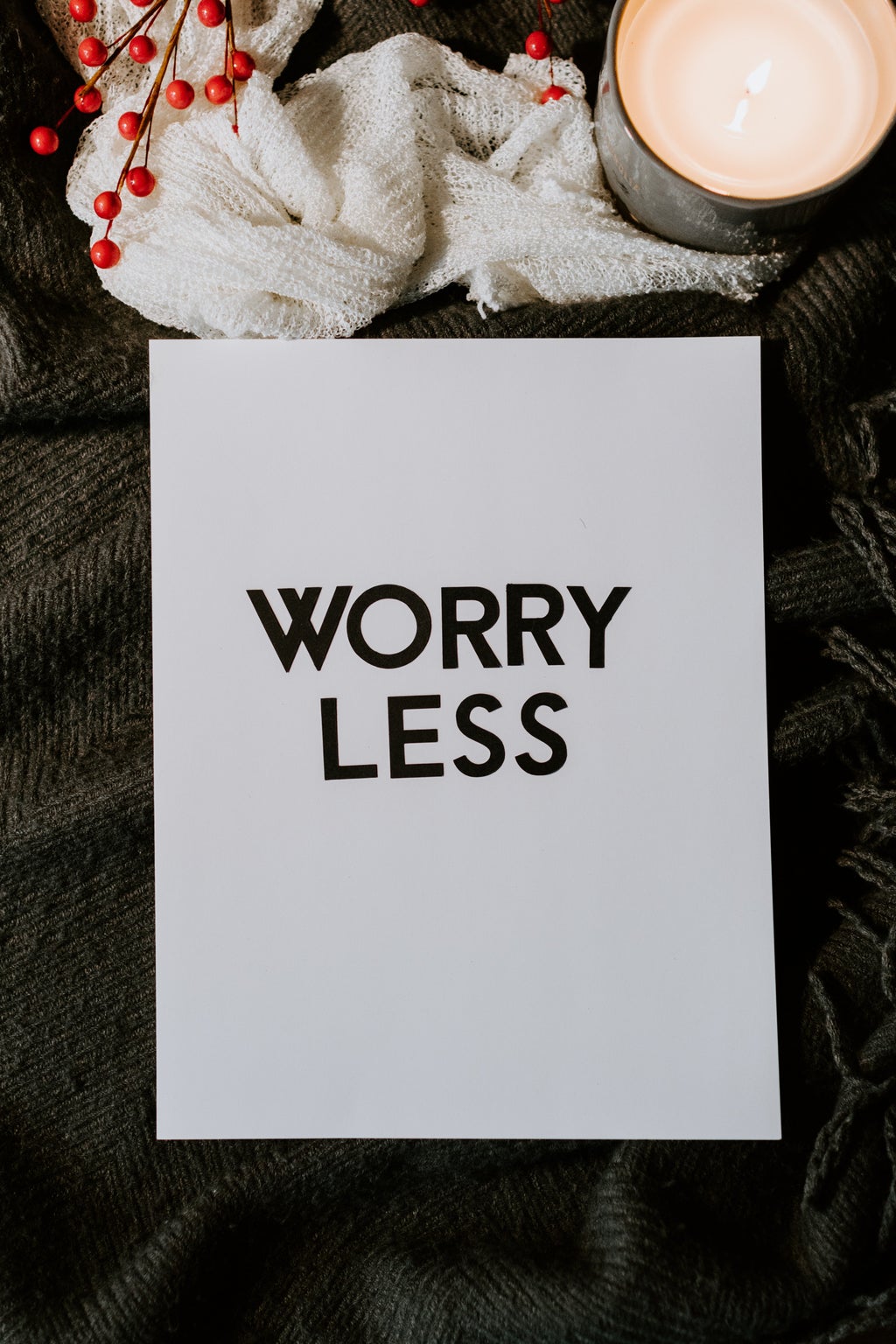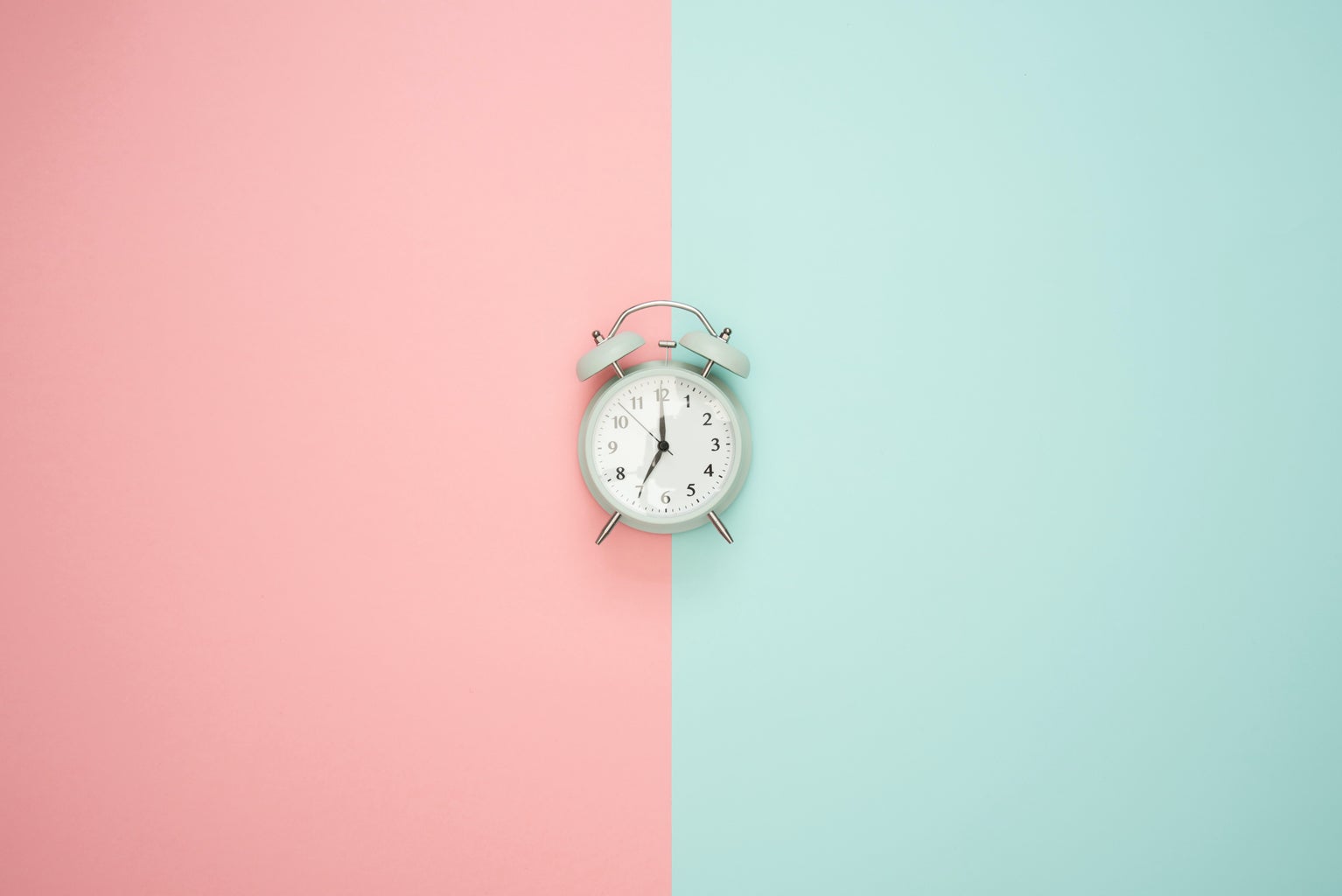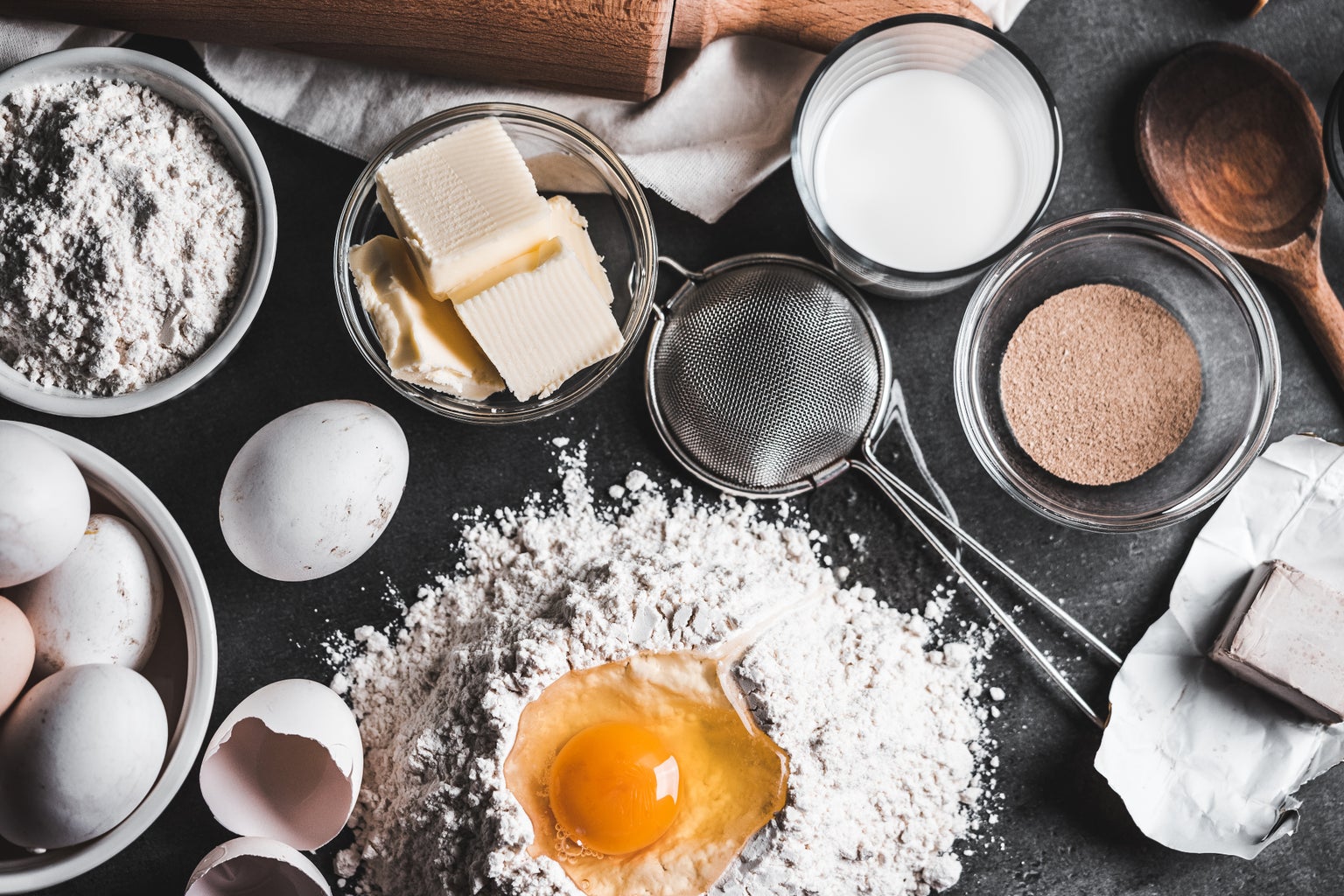Life as a college student can be pretty chaotic. In my own life, I’m a full-time student working multiple jobs, some face-to-face and some remote, while also volunteering and trying to make time for professional development, hobbies, and family and friends. I stay incredibly busy, and I know a lot of other college students have a similar experience trying to juggle all the commitments.
Maybe that’s why minimalism and living with less are so attractive to me. Cleaning and decluttering have become very popular lately, especially with TV shows featuring amazing home renovations or the Marie Kondo series teaching us to ask what sparks joy. But, even though minimalism is supposed to be simple, it can feel incredibly complicated. For example, how do we know whether to get rid of something or not? How do we balance buying goods and services and living without the unnecessary?
I’ve been learning about how others utilize minimalism and wanted to share 5 pieces of advice I’ve picked up from podcasts, YouTubers, and personal experiences that help me integrate minimalism into my life.
- Minimalism looks different for everyone.
-
If you love the minimal aesthetic, that’s great, but you shouldn’t pressure yourself to achieve a certain look and become a minimalist yourself. Searching “minimalism” on Pinterest will generate images of extremely simple, beautiful home layouts. But one of the best pieces of advice I received is that minimalism should be about how you feel when you live with less clutter, not about attaining a particular look. Ideally, adopting a minimalist attitude should help you feel less stressed or overwhelmed!
- When decluttering, ask yourself, “Would I buy it again?”
-
This is one of my favorite pieces of advice that I found while listening to a YouTuber. Often we keep items out of inertia. Even though they have no practical or sentimental value for us, they stay in our lives because they’re already there, and it’s easier to let them keep taking up space than actively remove them. But if you wouldn’t purchase an item again, does it really deserve to take up space and time in your life?
- Minimalism is not built in a day.
-
I saw a video where the girl talked about how she was cleaning out one area of her home at a time; for instance, one week it was her bathroom drawers, and another week the kitchen drawers. I know that some cleaning experts say you should clean everything all at once and never go back to a messy environment. But that might not be realistic for you. If you can only declutter one small area of your home at a time, that’s still better than never touching the clutter.
- Minimalism Includes more than just your physical space.
-
During college, we get pressured to feel like we need to do everything, try everything, and be everything. We’re supposed to go on amazing road trips and vacations, make amazing friends, go to amazing concerts, get amazing internships, and then get amazing jobs. There’s so much hype around the “college experience,” but you may be happier if you’re choosy about what activities are part of your life or not. Minimalism may mean cutting out activities that other people, society, media, or marketing say you need but have no true value.
- Minimalism is about how you feel, not how much stuff you have.
-
Again, the minimal aesthetic is very soothing and nice, but putting pressure to achieve a certain look can distract from the whole purpose of minimalism, which is to cut objects, situations, or people out of your life that unnecessarily zap your energy. This looks different for every person. If you hate cooking, then having two plates, two bowls, and two sporks might be the dream. But if you’re an avid baker, then having sets of fancy cake levelers or a high-power, twelve-speed food processor might genuinely thrill you. Minimalism means getting rid of things that don’t serve you, but it also means deliberately making space for things that bring joy.
I’ve been using these concepts to guide my decisions as I invite more minimalism into my life. College is the perfect time to try new things, but it can also quickly turn into a time of burnout and overwhelm if you keep acquiring more objects, items, and relationships that aren’t meaningful to you. Whether we call it minimalism, prioritization, work-life balance, or something else, I believe we all are looking for a way to live a more simplified, meaningful life that fits with our personal beliefs. To anyone reading this, I’m wishing you the best in your journey towards a life that sparks joy and lights your inner fire!







